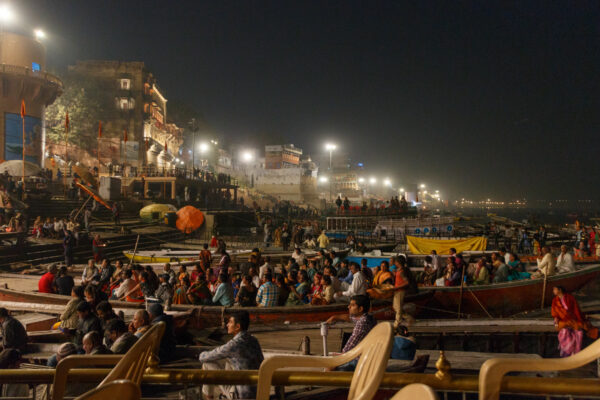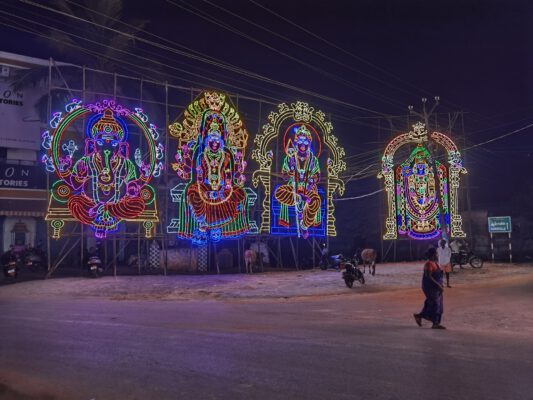Ahen the Internet became accessible to the public, i.e. in the mid-1990s, there was a phenomenon of people putting their deepest secrets online. The anonymity, simplicity and speed were seductive. Confessions were quickly made, anonymity was largely preserved and there was perhaps even a little thrill that someone you knew might read the secrets without knowing who was behind them. These tele-confessions were cathartic. Today it's the other way around: everyone should see what you're doing without knowing what you're really thinking. Anonymity has also changed.
Writing something without using your own name is similar. Of course, anyone could find out the identity of the domain owner, but that's not the point. Public writing is exciting. Putting your own ego in the background and letting your thoughts organize themselves. It is perhaps even a kind of meditation, which is also very much about overcoming one's own ego consciousness to a certain extent and immersing oneself in a larger collective. This fascination also radiated from the Internet in the beginning. In the 60s, it was the cybernetic systems that stimulated these thoughts.
Many sci-fi books and films are based on this technical level of networking: Dune, Matrix, Neuromancer... There is, of course, a whole literary history of net literature. In Silicon Valley, this has developed into a 'technology spirituality' of radical rationality in the spirit of Ayn Rand in the form of a technical Tower of Babel. It has turned into a dystopia in which the individual becomes a slave to technology. Giorgio Agamben wrote about Homo Sacer. Our 'soul' becomes an economic object.








